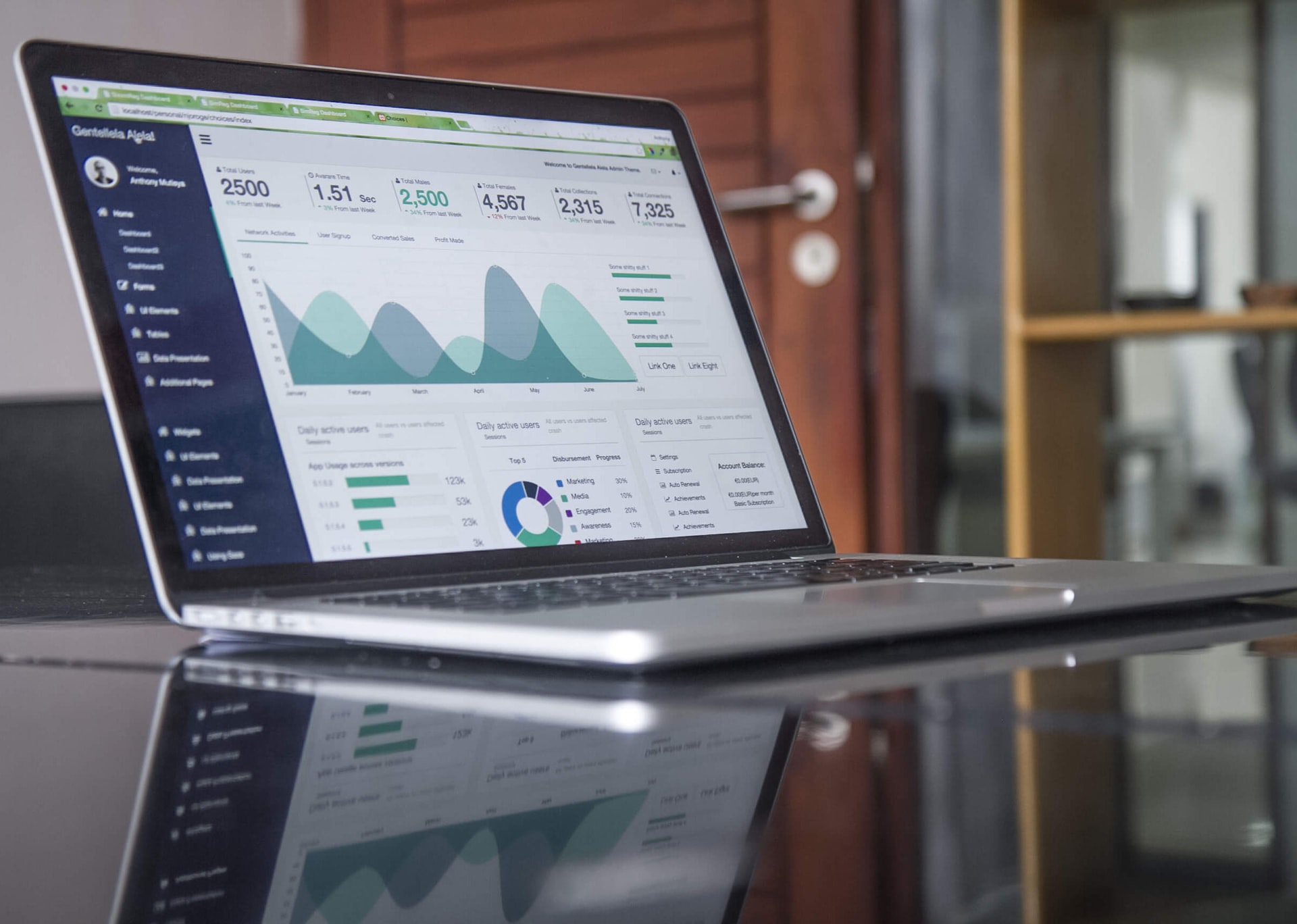HLPE report on Data collection and analysis tools for food security and nutrition should consider the following:
Data collection and analysis feeds a model of society. Neutral data does not exist. Collection of data for food security and nutrition (FSN) has therefore to be determined by the model of FSN that we seek to advance. Human Rights are acknowledged to be fundamental to reach FSN for all, data collection and generated knowledge have therefore to be designed to benefit them.
In the past, governments were central actors in data collection. The recent increase of the role of powerful private actors contributed to shift the purpose of data collection and analysis to serve private interests. For instance, the traditional production per hectare is clearly benefiting an agro- industrial model of production. While destroying soil fertility, it is still considered an important data to fight food insecurity in the world. At the same time, big companies specialized in data processing make a dangerous step in the area of food and agriculture. Many examples can show that data collection and reconstruction into self-serving knowledge are currently missing the point of guiding policies for effective FSN.
Data collection and analysis is also closely linked to the capitalist and patriarchal model of society. In demography, we traditionally consider the number of men and women as bricks of knowledge, excluding non-binary model of gender. If we don’t consider all the different bricks, we describe a specific reality and impose a knowledge that exclude a part of society, mostly minorities, that does not recognize itself in this binary system. Many other data collection processes are submitted to the current model of society.
The process of reassembling data into knowledge is not transparent, not participatory and very often strengthening power imbalance and inequalities. The digitization of data is accelerating these trends that are intrinsically in opposition with the SDG’s 2030. An immediate moratorium on data collection guided by private interests is needed to stop undemocratic data extraction that strengthens social inequalities and power imbalance; until regulations of digitalization in the food system are determined.
Data collection and analysis (include in their digital forms) are powerful tools to guide policies and development plans, under a right-based approach (building on the implementation of UNDROP and UNDRIP). A right-based approach in data collection and analysis -where participation and knowledge sharing are fundamental elements- is essential to keep these processes under their primary objective: effectively advance food security and nutrition for all. It’s the only framework that will allow to determine the needed data based on the knowledge gaps identified at local level. Local communities have to be involved in the design of data to be collected and the control on the data should be kept in public entities.
See the Civil Society and Indigenous Poeple Mechanism (CSM) contribution
See also Schola Campesina 2021 working paper “Food systems and digitalization from a food sovereignty approach” (also in Spanish, French and Russian)


